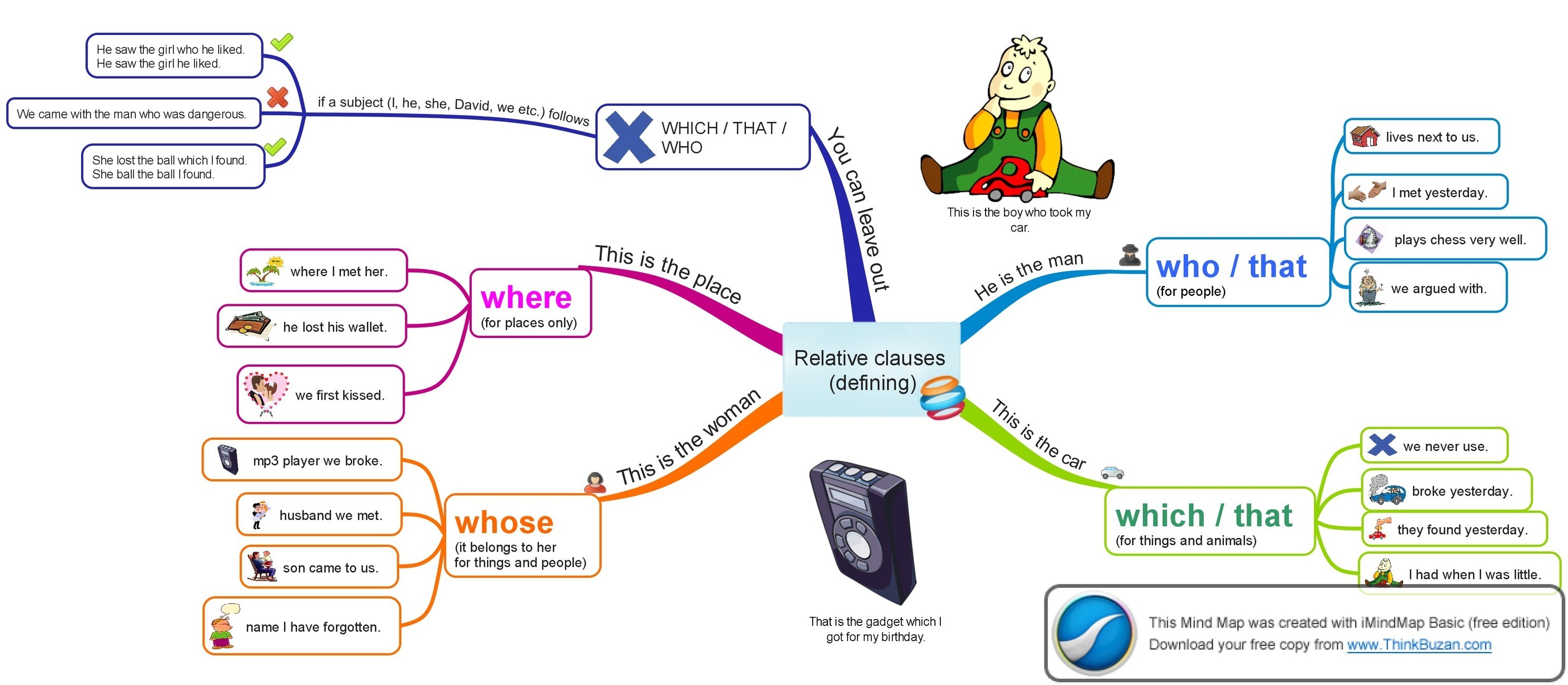Tuesday
Saturday
Grammar Revision Exercises
- Present Continuous
- Present Simple
- Present Simple or Continuous
- Past Simple
- Past Continuous
- Past Simple or Continuous
- Irregular Verbs
- Present Perfect
- Present Perfect Continuous
- Present Perfect or Present Perfect Continuous
- Present Perfect or Past Simple
- Past Perfect
- Past Perfect Continuous
- Past Review 1
- Past Review 2
- The Future - Going to
- The Future - Will
- Will or Going to
- The Future - present forms
- Will - other uses
- The Imperative
- The Passive
- The -ing form
- Can
- Could
- May/Might
- Should
- Should 2
- Must /Have to
- Zero Conditional
- First Conditional
- Second Conditional
- Third Conditional
- Wish
- Had better
- Used to
- Questions 1
- Questions 2
- Question tags
- Reported speech
- Reported speech 2
- Have something done
- Should have
- Can have / could have
- Will be doing
- Will have done
- Vocabulary Lessons
Grammar Revisions
Rephrasing Practice 1Rephrasing Practice 2Rephrasing Practice 3
Tense Resources
Simple and Continuous Tenses
Cumulative Tense Review
Tense ChartQuestions
Used to
Direct and Reported Speech
Modal Verbs
Conditional Sentences
The Basics of the Passive Voice
The Passive Voice with reporting verbs
Have/ Get something done
Gerunds and Infinitives
The article
So and Such
The Comparison
Prepositional Phrases
Prepositions
Monday
Relative Clauses
Relative sentences are sentences which work as adjectives and sometimes can be replaced with one of them. Like the adjectives, sometimes they define the noun they go with (A), and sometimes they only give additional information about it (B).
Ex: (A) The books which are interesting are best sellers. The interesting books are bestsellers. (Los libros que son interesantes son bestsellers. Los libros interesantes son bestsellers)
Ex: (B) Shakespeare, who was born in Stratford, wrote Hamlet. (Skakespeare, que nació en Stratford, escribió Hamlet)
We use relative clauses to give additional information about something without starting another sentence. By combining sentences with a relative clause, your text becomes more fluent and you can avoid repeating certain words.
The information they give can be necessary or additional and this separates the sentences into two types too:
A.- Defining relative clauses: those which give information absolutely necessary to define the noun and recognize it. Ex: The man who lives next door is a doctor. (El hombre que vive al lado es médico.)
B.- Non-defining relative clauses: those which give information that can be interesting or new but never necessary to define the noun, that’s why we place them between commas. Ex: My sister Mary, who studied law, works in New York. (Mi hermana Mary, que estudió derecho, trabaja en Nueva York).
The relative clause is placed just after the noun it modifies.
Ex: My brother, who works as a doctor, studied in Salamanca. ( non-defining) The boy who lives next door is a doctor ( defining)
Perfect English Grammar: What is a relative clause?
Ex: (A) The books which are interesting are best sellers. The interesting books are bestsellers. (Los libros que son interesantes son bestsellers. Los libros interesantes son bestsellers)
Ex: (B) Shakespeare, who was born in Stratford, wrote Hamlet. (Skakespeare, que nació en Stratford, escribió Hamlet)
We use relative clauses to give additional information about something without starting another sentence. By combining sentences with a relative clause, your text becomes more fluent and you can avoid repeating certain words.
The information they give can be necessary or additional and this separates the sentences into two types too:
A.- Defining relative clauses: those which give information absolutely necessary to define the noun and recognize it. Ex: The man who lives next door is a doctor. (El hombre que vive al lado es médico.)
B.- Non-defining relative clauses: those which give information that can be interesting or new but never necessary to define the noun, that’s why we place them between commas. Ex: My sister Mary, who studied law, works in New York. (Mi hermana Mary, que estudió derecho, trabaja en Nueva York).
The relative clause is placed just after the noun it modifies.
Ex: My brother, who works as a doctor, studied in Salamanca. ( non-defining) The boy who lives next door is a doctor ( defining)
Defining and Non-defining
A defining relative clause tells which noun we are talking about:
- I know the woman who lives next door.
(If I don't say 'who lives next door', then we don't know which woman I mean).
A non-defining relative clause gives us extra information about something. We don't need this information to understand the sentence.
- I live in London, which has some fantastic parks.
(Everybody knows where London is, so 'which has some fantastic parks' is extra information).
Click on the image
Click on the image
Click on the image
Perfect English Grammar: What is a relative clause?
Modals 3
EXERCISES
Modal Exercise 1
Can, Could and Be Able To
Can , Could , Have to , Must , Might and Should
Modal Exercise 2
Have to and Must
Modal Exercise 3
Might , Must and Should . Afterwards, you can repeat the exercise using Could , Have to and Ought to
Modal Exercise 4
Couldn't and Might not
Modal Exercise 5
Have got to , Had Better , May and Shall
Modal Exercise 6
Could , Might , Should and Would
Modal Exercise 7
Modal Verbs Forms
Modal Final Test
Cumulative Modal Test
Game
Subscribe to:
Comments (Atom)








.jpg)
